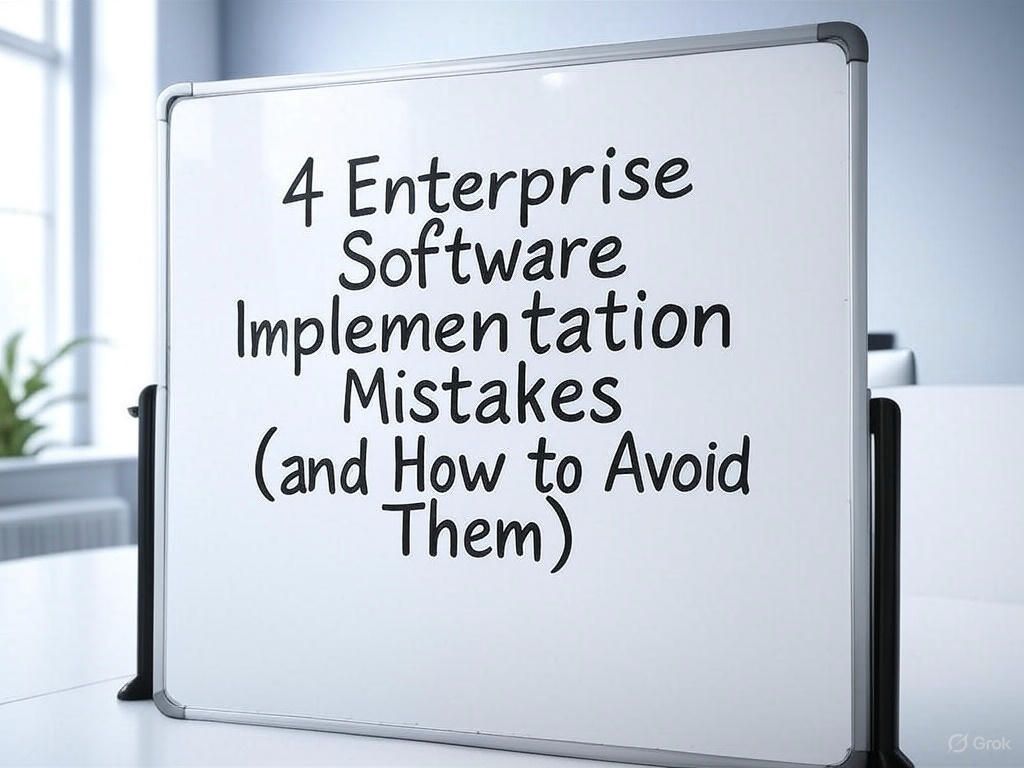If you have a knack for problem-solving and a love for details, then you may be well-suited for a career in this industry. With the constant flow of goods and services in our global economy, logistics has become an essential aspect of business operations. From managing supply chains to coordinating transportation, logistics professionals play a crucial role in ensuring that products get from point A to point B efficiently.
Breaking into the logistics industry can seem daunting at first, with various roles and responsibilities available. However, with the right mindset and approach, starting a career in logistics can be an exciting and rewarding journey.
In this blog post, we will dive into the key steps you can take to kickstart your career in logistics, from developing relevant skills and education to networking and getting your foot in the door. Let’s get started.
Develop Relevant Skills and Education
In order to have a successful career in logistics, it is crucial to develop relevant skills and education. Some of the key skills that are highly valued in this industry include problem-solving, attention to detail, organization, communication, and adaptability. For instance, as seen at SCMEDU.org, Production and Inventory Management (CPIM) Certification equips individuals with foundational knowledge of supply chain management, making them highly desirable for roles in logistics. It also helps to have a strong understanding of industry-specific software and technology.
Additionally, obtaining a degree or certificate in areas such as logistics, supply chain management, or business can provide you with the necessary theoretical background and industry knowledge. Continuously updating your skills through workshops and training programs can also help you stay ahead in this ever-changing field.
Gain Industry Knowledge and Experience
To stand out in the competitive job market of logistics, it is essential to gain industry knowledge and experience. This includes understanding the different aspects of logistics such as transportation, warehousing, inventory management, and supply chain optimization. You can gain this knowledge by attending industry conferences, workshops, and networking events. Additionally, consider taking on internships or entry-level positions to get hands-on experience and learn from experienced professionals.
Another way to gain industry knowledge is by staying up-to-date with current trends and advancements in logistics technology. This will not only make you a valuable asset to potential employers but also showcase your enthusiasm and dedication to the field. The more you know about the industry, the better equipped you will be to start your career in logistics.
Explore Different Roles and Specializations
As mentioned earlier, there are various roles available within the logistics industry, each requiring different sets of skills and responsibilities. Take the time to explore these different roles and identify which ones align with your interests, strengths, and goals. Some of the common roles in logistics include transportation coordinator, inventory analyst, supply chain manager, and warehouse supervisor.
You can also consider specializing in a particular aspect of logistics such as global logistics or e-commerce fulfillment. This will not only make you stand out in the job market but also provide you with unique opportunities for growth and advancement within the field. Keep an open mind and be willing to try different roles before settling on one that best suits you.
Network and Build Connections
Networking is crucial for any career path, including logistics. By building connections within the industry, you can gain valuable insights, advice, and potential job opportunities. Attend industry events and join professional organizations to expand your network. You can also reach out to alumni or current professionals in the field for informational interviews.
Additionally, utilize online platforms such as LinkedIn to connect with individuals in the logistics industry. Build relationships by attending webinars, joining discussions, and sharing relevant content. The more people you know within the industry, the higher your chances of finding job opportunities and advancing your career.
Consider Internship or Entry-Level Positions
Internships and entry-level positions are great ways to gain hands-on experience and kickstart your career in logistics. They provide an opportunity to learn from experienced professionals, build valuable skills, and make industry connections. Many companies also offer full-time positions to their interns after completion of the program.
Don’t be discouraged if you are unable to secure a high-level position right away. Consider starting from the bottom and working your way up, gaining valuable experience and skills along the way. Make sure to actively seek out internship opportunities and showcase your enthusiasm and dedication during the application process.
Stay Updated on Industry Trends and Technologies
As mentioned earlier, logistics is an ever-evolving field with constant advancements in technology, processes, and best practices. To stay ahead in this industry, it is crucial to continuously educate yourself on these changes. Attend workshops and conferences focused on new technologies and processes, read industry publications, and follow thought leaders on social media.
Additionally, consider obtaining certifications in relevant areas to showcase your knowledge and commitment to staying updated with industry advancements. Employers value individuals who are knowledgeable about the latest trends and technologies in logistics as they contribute to improving efficiency and staying competitive in the market.
Starting a career in logistics requires a combination of relevant skills and education, industry knowledge and experience, networking, and staying updated on industry trends. By following these steps, you can position yourself as a desirable candidate for roles in this fast-paced and dynamic field. Don’t be afraid to take on internships or entry-level positions to gain valuable experience and continuously strive to improve your skills. With determination and hard work, you can break into the logistics industry and build a successful career.






